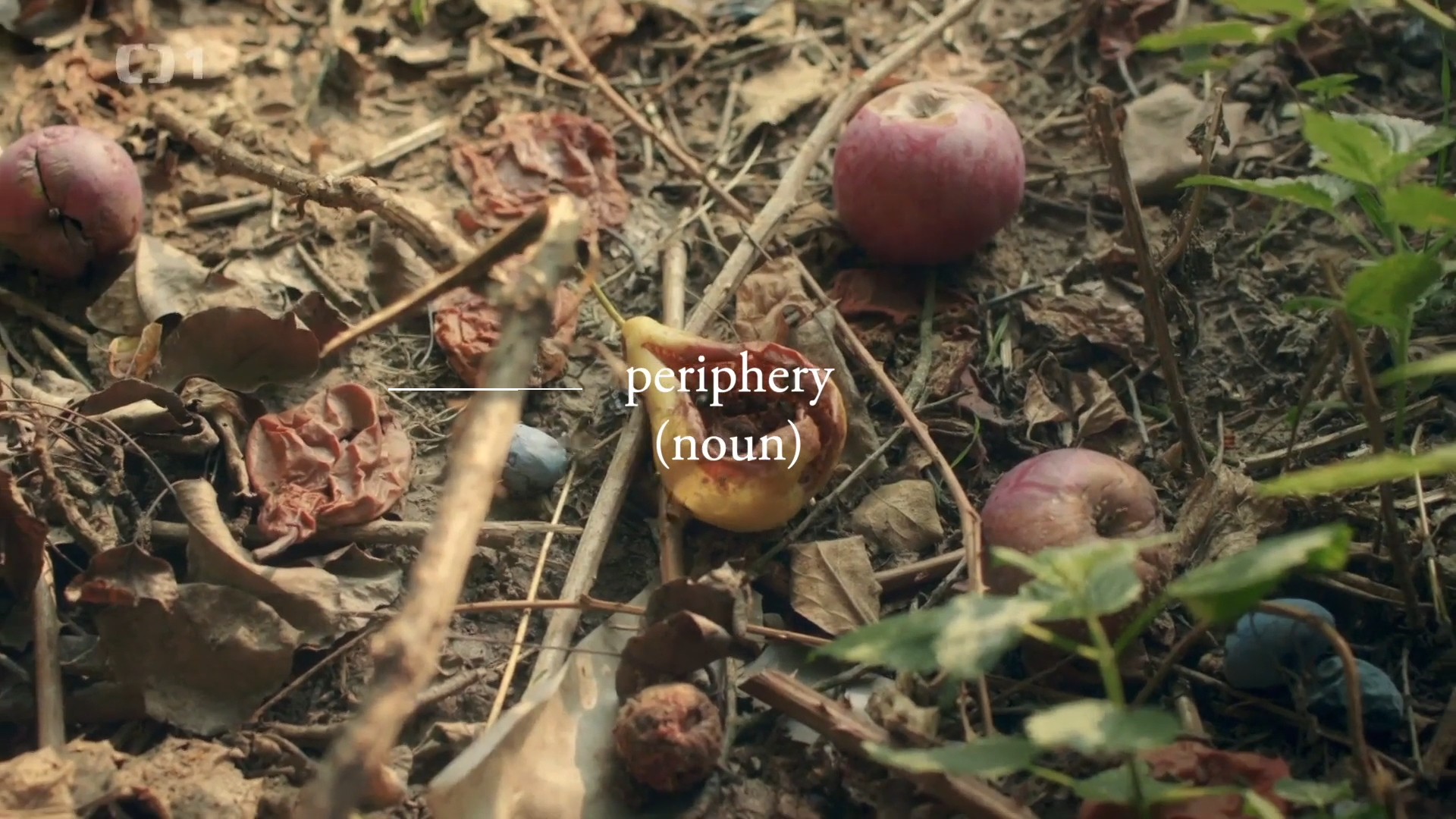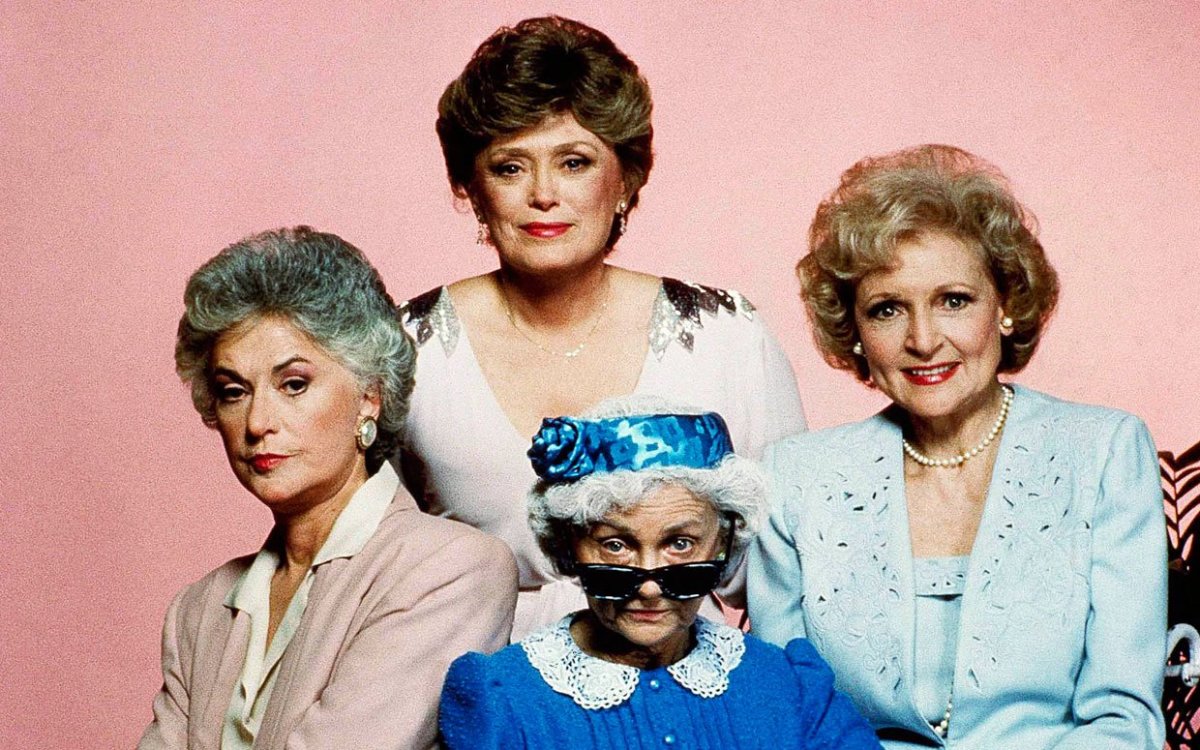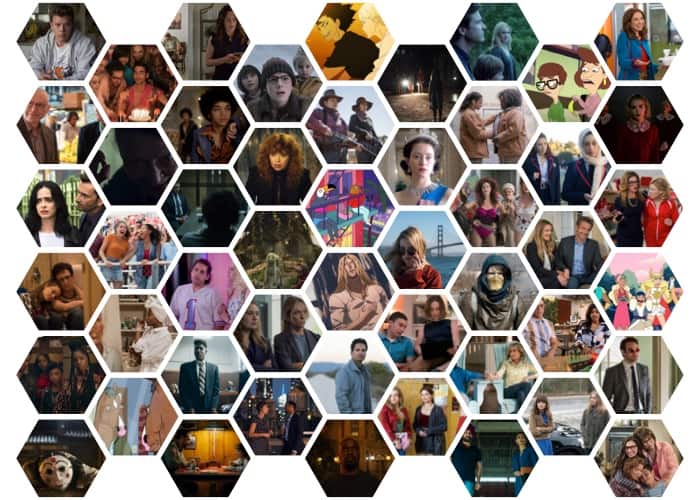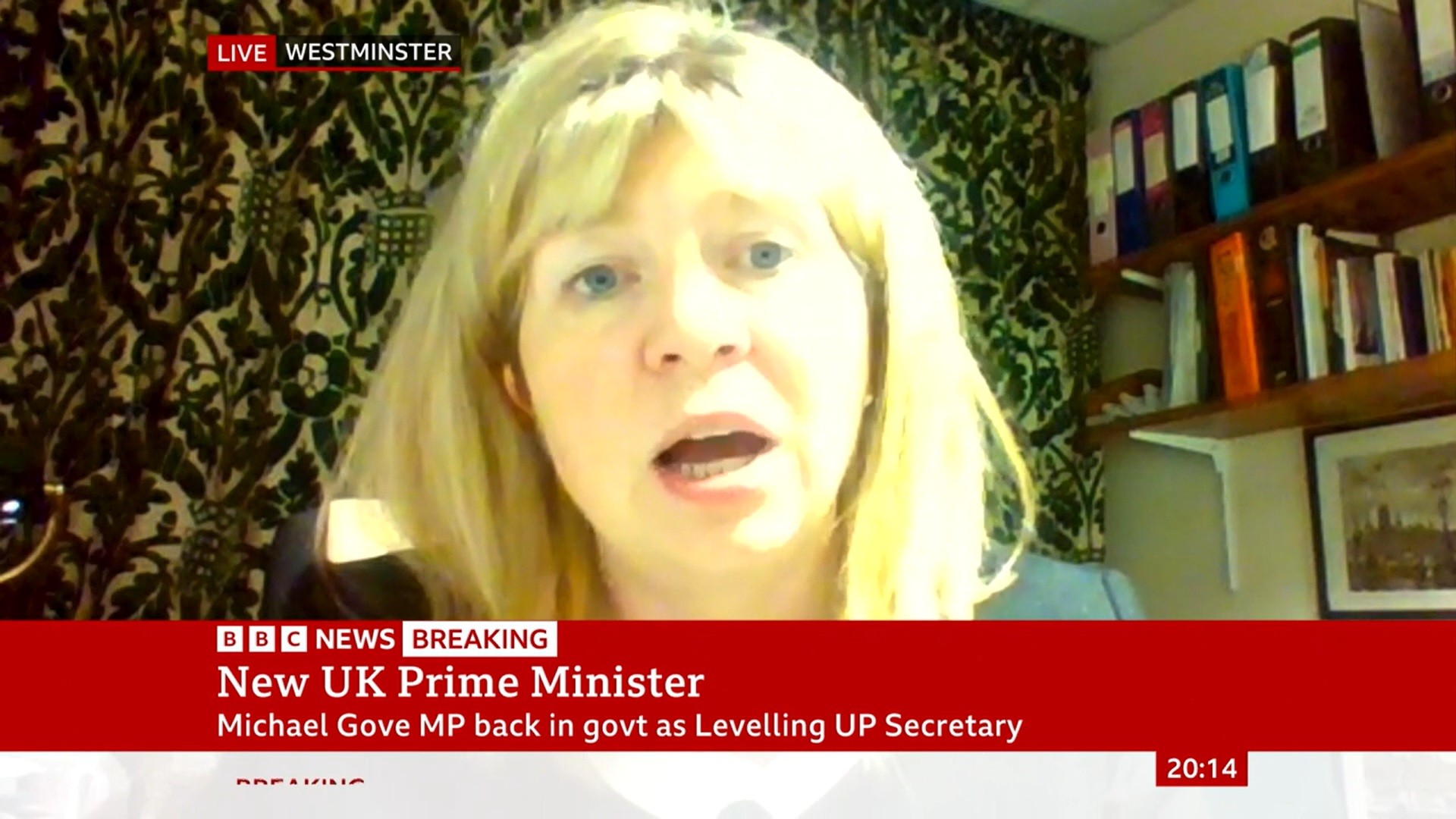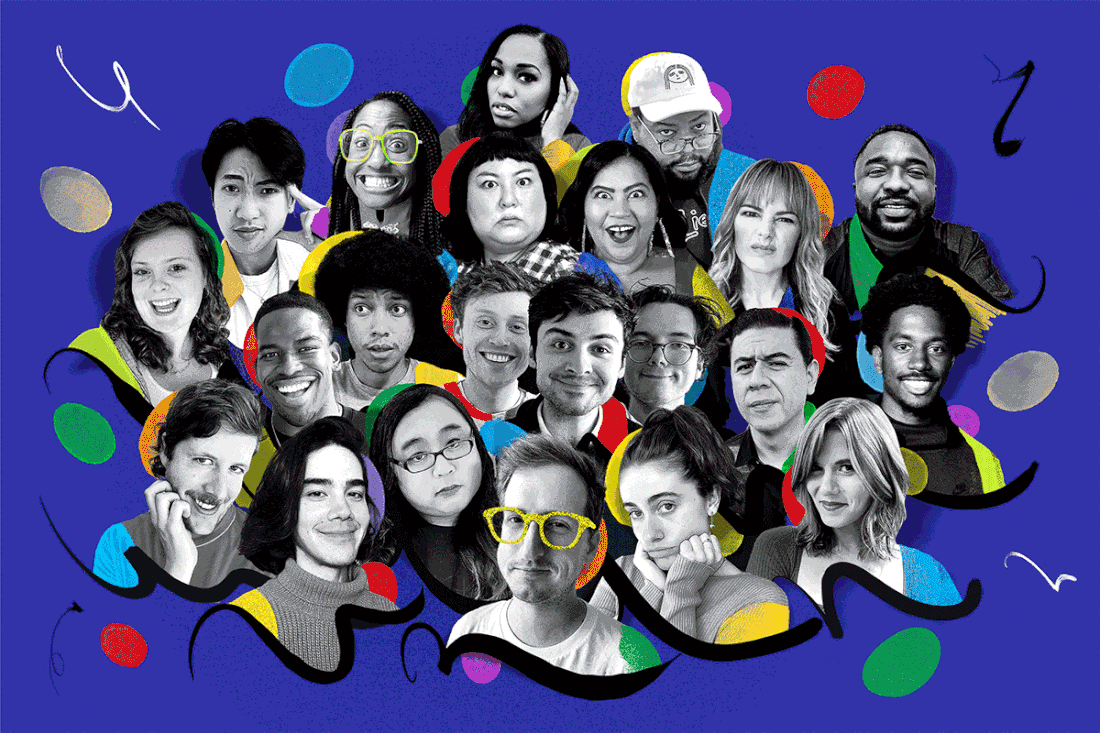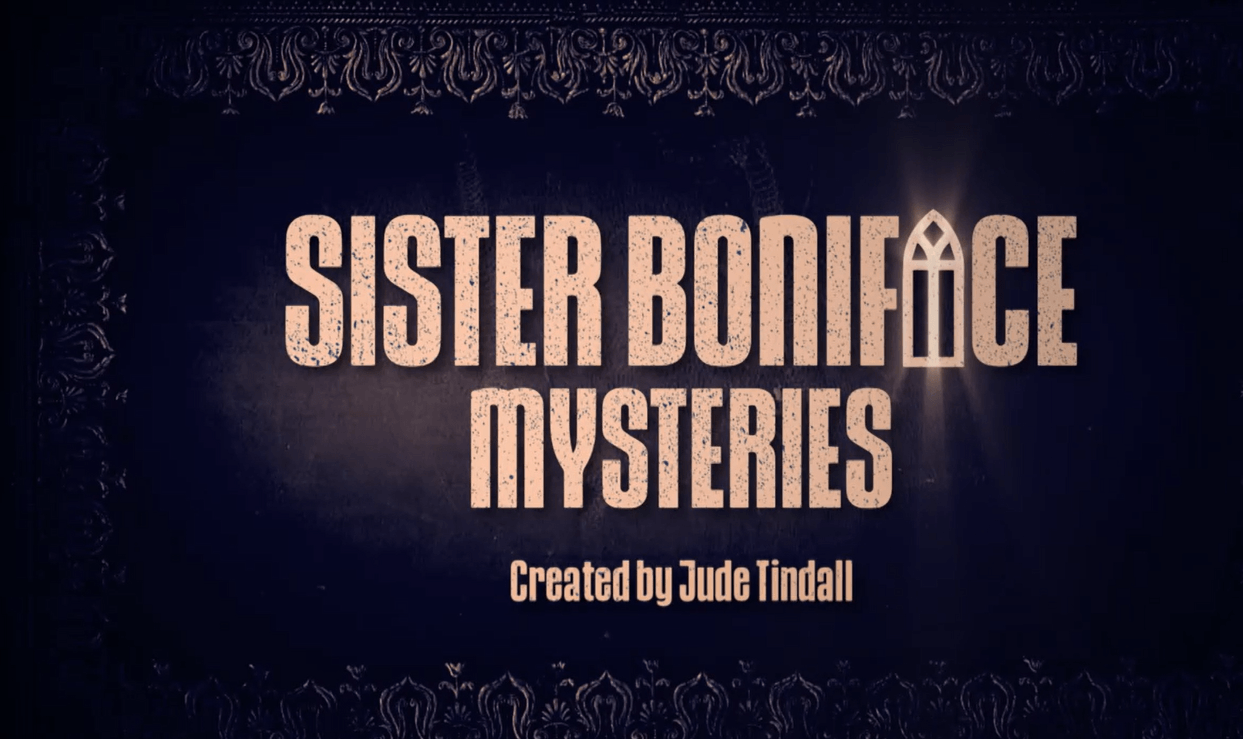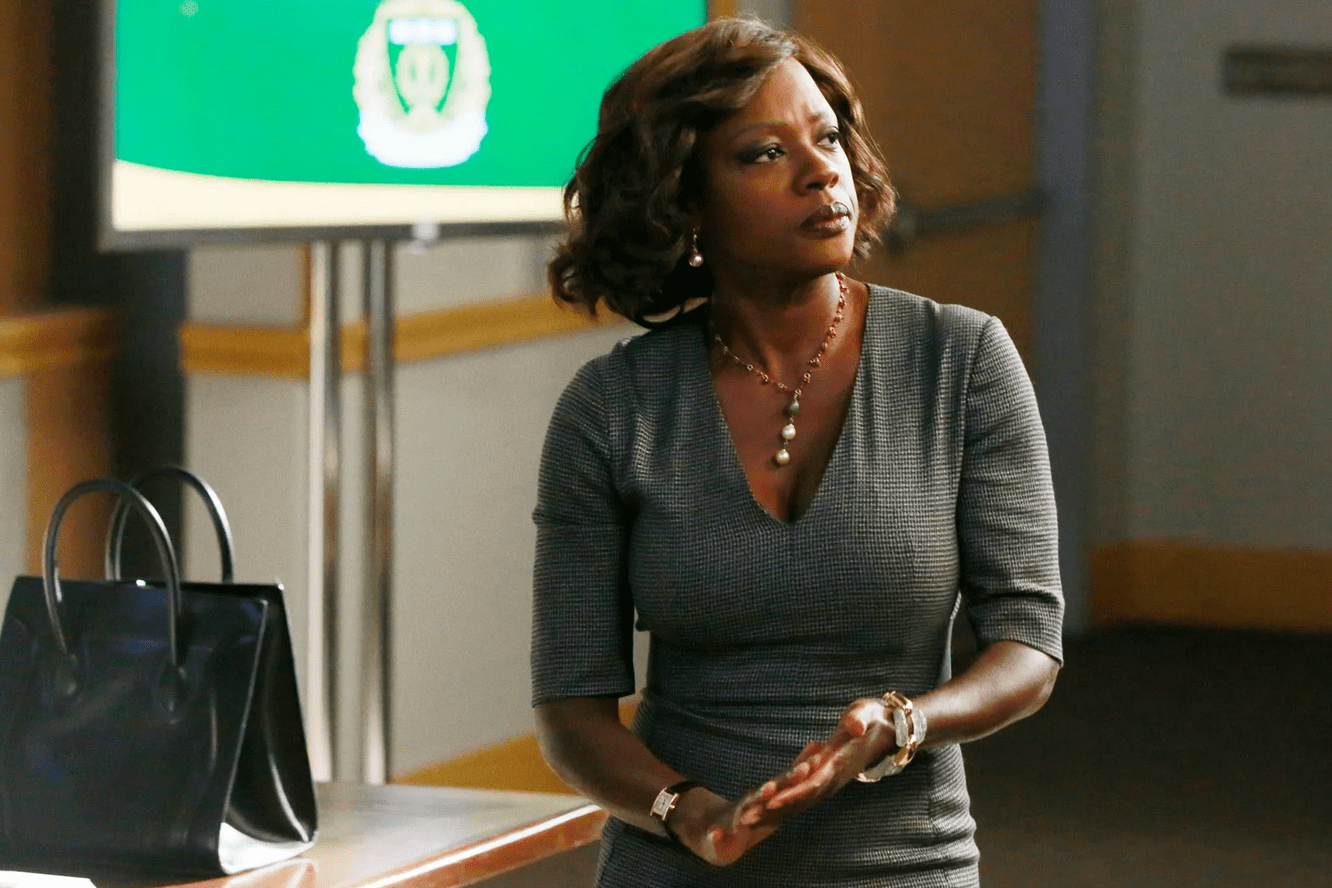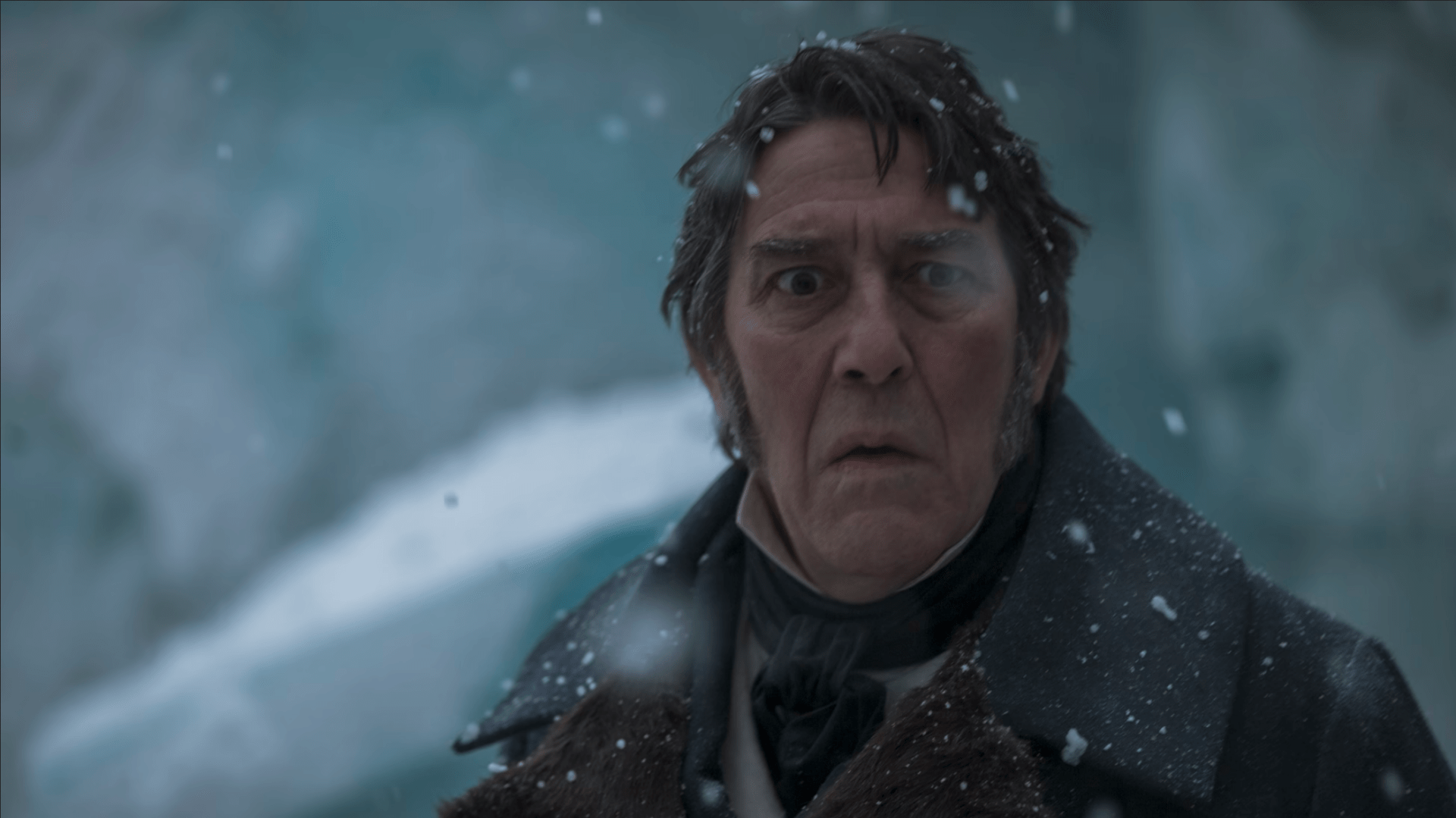
Tales of explorers and adventurers often blur the line between science and fiction, with chronicles of the exotic and the unknown becoming the stuff of legends and the building blocks of history. Explorer’s tales spin heroic stories of adventures that cross borders, shatter boundaries, develop new knowledge, and, in so doing, depict the causes and consequences of seeking dominion over people and places.
